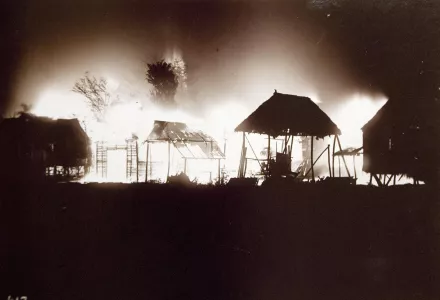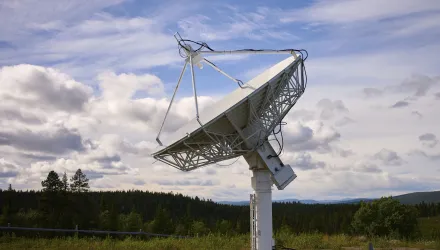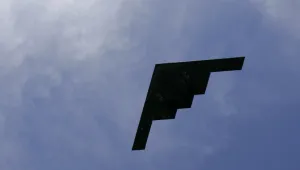International Security is America's leading peer-reviewed journal of security affairs.

Summary
Why do U.S. leaders struggle to end military interventions? William McKinley’s decision to annex the Philippines reveals why, through a phenomenon called the “meddler’s trap.” Following the U.S. victory in Manila in 1898, McKinley doubted Filipino civilizational capacity to self-govern, believed that a U.S. departure from the Philippines would cause chaos and great power war, and believed that U.S. governance could forestall that outcome. These beliefs produced the meddler’s trap and the United States’ largest annexation outside its hemisphere.
Aroop Mukharji, "The Meddler’s Trap: McKinley, the Philippines, and the Difficulty of Letting Go," International Security 48, no. 2 (Fall 2023): 49–





